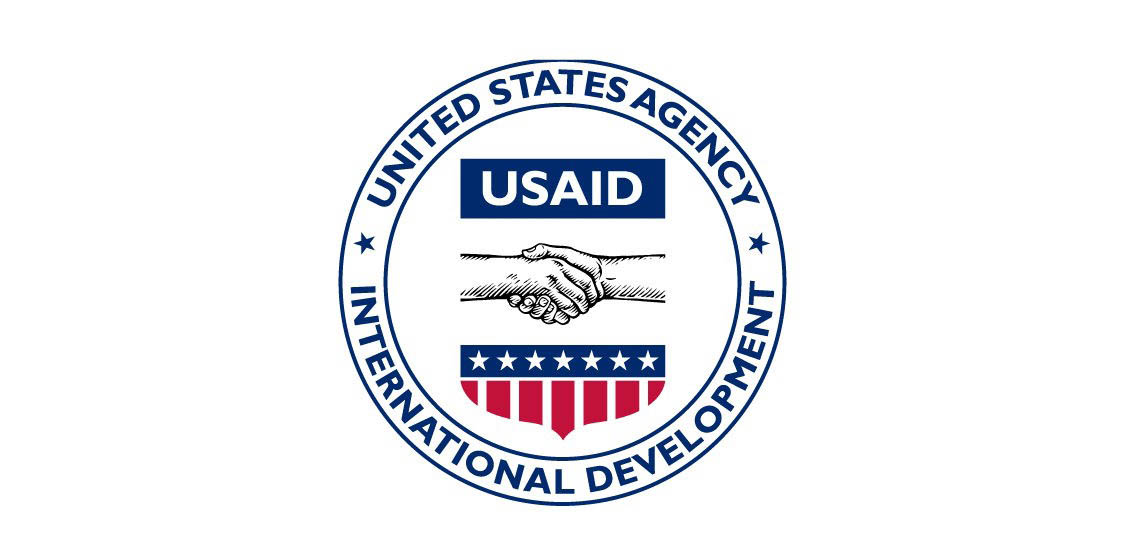The U.S. Agency for International Development (USAID) is providing US$3.8m in further humanitarian aid for people affected by the eruption of La Soufrière volcano on Saint Vincent.
A statement via the US Embassy here said that this additional backing from the United States will provide thousands of people in St Vincent with emergency food help, access to safe drinking water, hygiene supplies, sanitary latrines, essential household items, and hygiene promotion activities to prevent the spread of COVID-19 and other diseases in shelters and communities. The funds will also provide essential medical supplies and support for health facilities, as well as support for logistics to move, store, and distribute emergency items where they are needed.
La Soufrière erupted repeatedly in April, forcing large-scale evacuations, covering the island chain with ash, polluting air and water sources, and damaging infrastructure and agricultural resources. More than 23,000 people were forced to evacuate their homes and some may be unable to return for months. This month, heavy rains also caused flooding across the island and triggered rain-induced volcanic mudflows—lahars—in areas around the volcano.
Meanwhile, new Caribbean Development Bank (CDB) President, Dr. Gene Leon, has reconfirmed the Bank’s support for recovery and reconstruction efforts in St. Vincent. He made the statement during a courtesy call with Prime Minister, Dr. Ralph Gonsalves, yesterday a release from the bank said.
Dr. Gonsalves was joined by CDB Governor for St. Vincent and the Grenadines and Minister of Finance, Economic Planning and Information Technology, Camilo Gonsalves and the Director General Finance & Planning, Edmond Jackson.
The discussions centred on the challenges the Eastern Caribbean nation now faces.
With detailed needs assessments now being completed, the release said that the Bank is offering assistance through various avenues, including immediate response financing mechanisms and emergency grant facilities. Options for technical support and social protection interventions are also being explored.
Earlier this month, under its Volcano Ready Project, CDB provided relief supplies, including mattresses and water tanks as well as volcano monitoring and warning equipment valued at more than US$135,000.
Gonsalves said that the reconstruction programme would require tremendous effort and resources as public infrastructure, agriculture and tourism, water facilities and numerous other amenities had been severely affected by the eruptions.





